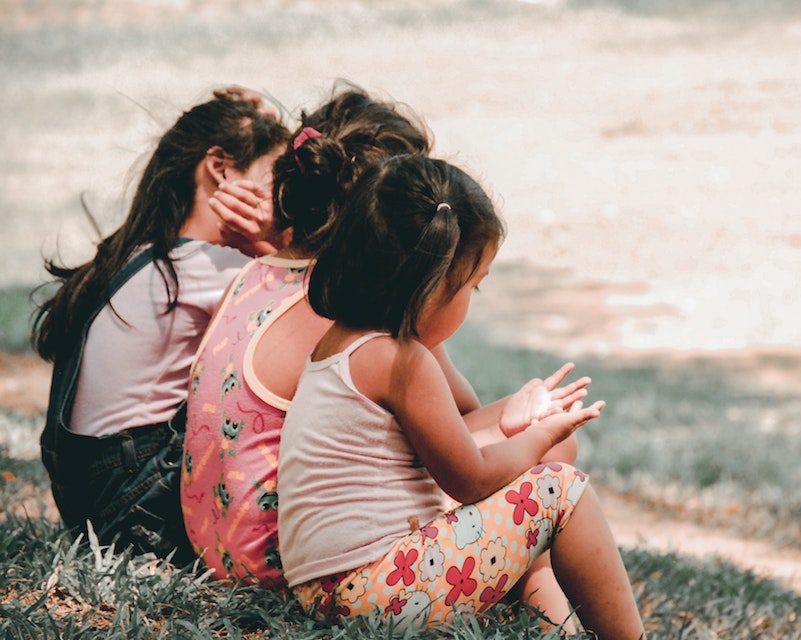
As school districts across the country announced closings in mid-March, the FBI warned that children staying home from school could put them at greater risk for exploitation – both because of an increased online presence and increased direct contact with potential abusers at home.
During the Coronavirus pandemic, national hotlines are seeing dramatic changes in the number of people reaching out as more children are at home – often with potential abusers. The increase in reports of various forms of child abuse is concerning. Traffickers prey on vulnerabilities, and having a history of physical or sexual abuse and/or experiencing unstable living conditions can make people more vulnerable.
We have also noticed increased law enforcement activity around the online exploitation of children. For example, on April 21st in Virginia, the Fairfax County Police Department conducted a sting aimed at identifying and catching sexual predators who are using online platforms to exploit children. The sting resulted in the arrests of 30 suspects who had engaged in explicit conversations with and attempted to solicit sex from police officers posing as children.
The resources below may help families educate themselves on the dangers of sexual exploitation and how to stay safe online, particularly during the COVID-19 pandemic.
- UNICEF has created an online guide about COVID-19 and its implications for protecting children online.
- The FBI’s Safe Online Surfing (SOS) program teaches students in 3rd – 8th grade about how to safely navigate the internet.
- Multiple national and international agencies collaborated on this one-page tip sheet to help parents and children understand and protect themselves from online risks.


